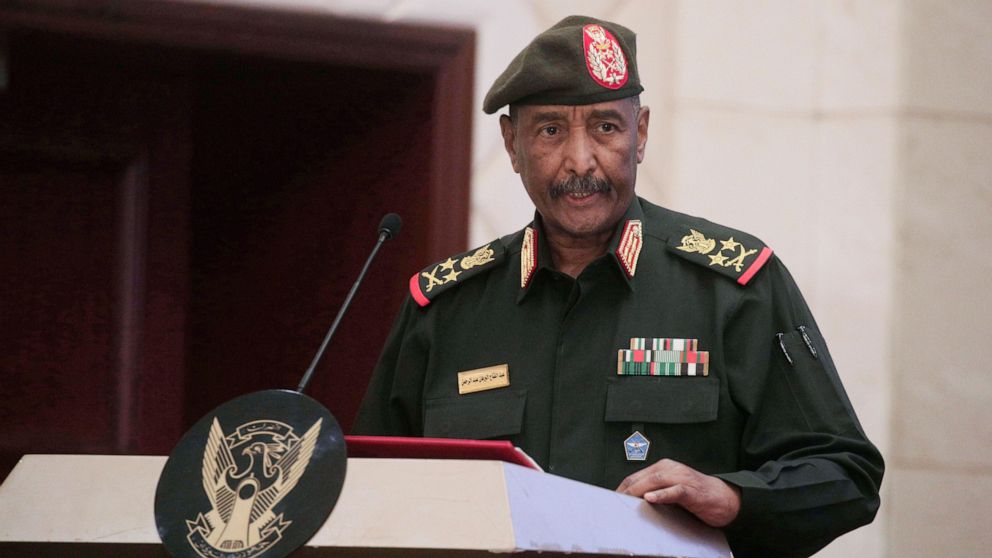THE U.N. envoy for Sudan urged the country’s warring generals to honor a seven-day cease-fire that began Monday night, warning the growing ethnic dimension to the fighting risks engulfing Sudan in a prolonged conflict.
Volker Perthes told the U.N. Security Council that the conflict, which began April 15, has shown no signs of slowing down despite six previous declarations of cease-fires by both sides. All the previous truces have been violated.
Monday’s cease-fire is the seventh to be announced since the conflict between the Sudanese army, led by Gen. Abdel Fattah Burhan, and the Rapid Support Forces, commanded by Mohamed Hamdan Dagalo, broke out last month.
Speaking hours before the cease-fire began, Perthes called on both sides to stop the fighting so that desperately needed humanitarian aid can get to those in need and civilians caught in the fighting can leave safely.
The violence has been most severe in Khartoum and the western Darfur region, where the RSF retain a strong armed presence.
According to conservative estimates, Perthes said more than 700 people have been killed, including 190 children, and 6,000 have been wounded. He said over 1 million have been displaced with many missing.
Perthes also expressed concern about the worrying ethnic dimension to the war, most visible in the restive Darfur region.
In the early 2000s, African communities from Darfur that had long complained of discrimination rebelled against the Khartoum government, which responded with a military campaign that the International Criminal Court later said amounted to genocide. State-backed Arab militias known as the Janjaweed were accused of widespread killings, rapes and other atrocities. Many of its fighters were later folded into the Rapid Support Force.
Perthes said that in El Geneina in West Darfur clashes between the rival forces spiraled into ethnic violence on April 24, with tribal militias joining the fight and civilians taking up arms to protect themselves. Some 450 civilians were reportedly killed, he said.
“Homes, markets and hospitals were ransacked and burned, U.N. premises looted,” he said.
Perthes said the growing ethnic dimension to the conflict not only poses risk for Sudan but has “implications for the region.”
Unlike the previous truces, Monday’s inked deal — brokered by the U.S. and Saudi Arabia — will be accompanied by a cross-party committee designed to track any potential violations, the two mediating nations said. The 12-person committee will be comprised of three representatives from both warring parties, three from the U.S., and three from Saudi Arabia.
Suliman Baldo, director of the think tank Sudan Transparency and Policy Tracker, expects the two parties to better adhere to this weeklong cease-fire.
“I think the RSF needs the break as it has come under considerable pressure from the (Sudanese army) in Khartoum seeking to flush RSF units from residential areas,” Baldo said.
“The (Sudanese army) may be tempted to continue its offensive in Khartoum but it will become clear to them that this would come at even higher costs in collateral casualties among civilians,” he added.
